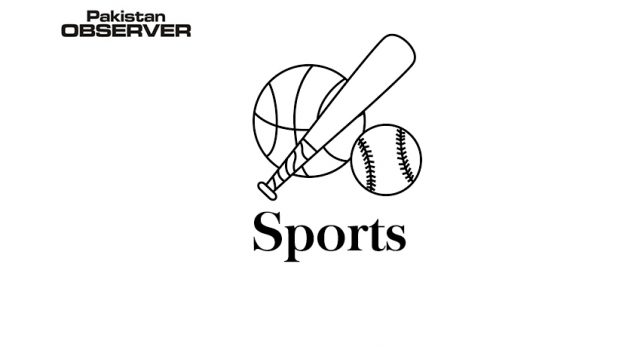As a seven-year-old boy in Baghdad, Mohamed Ali dreamt of becoming a goalkeeper — until a car bomb in the central Tahrir Square ripped away his left arm.
The child had become another casualty of the sectarian blood-letting that raged in Iraq in the years after the 2003 US-led invasion that toppled Saddam Hussein.
“I was deprived of playing football,” he said, re-calling the traumatic event of 2007 that also ended his time with the junior football team of the Air Force Club in Baghdad.
Today, at age 22, Ali is a member of an all-amputee football team, made up entirely of players who lost arms or legs in Iraq’s many years of war and turmoil.
“The creation of this team brought me back to life,” he said. “It helped me regain my self-confidence.”
The team has some 30 players and has qualified for the Amputee Football World Cup to be held in Turkey in late 2022.
Its founder Mohamed al-Najjar was studying in England when he discovered a Portsmouth amputee team and decided to replicate the experience.
Back in Iraq, he posted an announcement on so-cial networks.
‘Severe depression’
Najjar’s right leg was amputated after he was wounded in 2016 “while taking part in the fight against [Daesh]”.
At the time Najjar, like several of his teammates, was fighting with the pro-Iranian Hashed al-Shaabi, a paramilitary force that has since been integrated into Iraq’s regular forces.
Three times a week, he now meets up with the group to train on one of the fields of the brand new Al-Chaab complex in Baghdad.
Using crutches, one-legged players warm up by sprinting in the green jersey of the national team, then practice penalty kicks.
The goalkeeper, his left arm amputated, intercepts the ball by blocking it with his stomach.
Before they found the camaraderie of the team, Najjar said, “most of the players were suffering from severe depression”.
“Some even had thought of suicide because they had lost a limb and they had been professional play-ers before. —AFP










